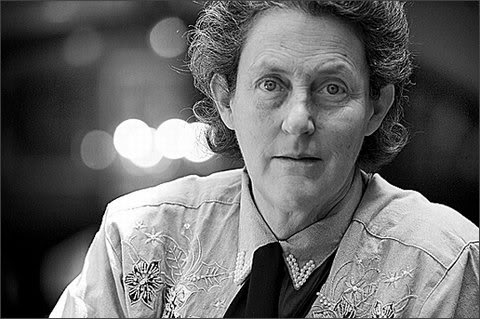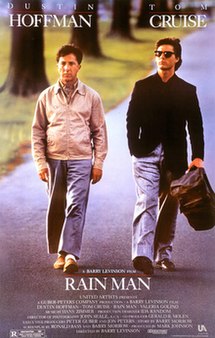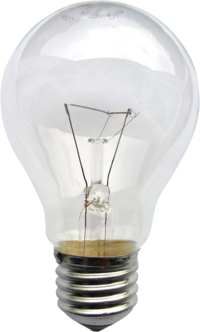Today I would like to focus on the blessings that are associated with autism spectrum disorders.
Everyday celebration: There are so many very important things neurotypical kids do, things that my first son did, that I took for granted. When they happen with Max, I truly celebrate it. An example: when he finally started "using his words" because he could use his words. A simple, "May I please have some milk?" still makes me more profoundly happy than a normal person should be.
Reading: Son #1 was reading at age 3. No joke. Son #2 struggles at age 7, still teetering between what you should sound out and what should be a sight word. (I know some of you reading this who have a struggling reader are nodding your heads, even if your child is not on the spectrum.) For a kid on the spectrum, a kid who needs, in general, an established set of consistent rules, the English language is a little bit torturous. So, when he reads words or abbreviations of any kind, I am a pretty thrilled mama.
Face time: Max loves to be right in my face. And I mean RIGHT in my face. He then places his little hand on my forehead, and applies pressure. Or he looks straight into my eyes and smiles. I do not care how it looks to anyone else. I know that I am lucky to get affection, as one of the traits of ASD is that persons around them are not the objects of affection. You take affection where you can get it. Most of the "issue" is not that they do not love their families...there is so much love inside. Many kids with ASD have so many sensory issues that the typical ways of showing affection, particularly hugs, do not feel pleasant to them. Sometimes, Max does not want to be touched at all. Most times, we allow him to initiate the touch that is OK at the time.
Simple pleasures: My kids have been so easy to please. Both of them are content with paper and a pencil. Drawing, cutting, using their imaginations. Thank goodness, they do not need the next new thing, they are not hooked on certain brands of things or shows. That is a relief. The only time it is challenging is when someone wants to get them gifts for their birthdays or Christmas. I truly draw a blank. Um, paper?
Repetition: Is there Mac and Cheese in the cupboard? Are there French toast sticks in the freezer? OK. We're in good shape. It really is that easy. And they are healthy enough...even if I am not holding them down and shoving broccoli down their throats. It's all good...and predictable.
 So very nice
So very nice: Ignatius,son #1, is one of those genuinely nice souls. I really mean that. We spoke at dinner tonight about seeing one of his grade school bullies while at church today. (Side note: Man, is that hard or what? There you are, in church, wishing for someone's head to explode...) Ignatius said, "You know, maybe it was not him. Maybe it was me." Really? Dude. He also misses the subtleties in social situations that those of us that are more savvy see. Like when girls are being catty and mean. Or when boys are being, well, I shall not say that here. He misses it. Almost entirely. And isn't that actually a gift?
Perspective: I think the best part of being the mom of boys with ASD is that I can see things from that point of view. I am a completely different teacher because of it. I get to be a person who needs to find different ways to do different things so that a kid can "get" it. I'm not at all perfect at it, but I am so much better--more conscious--than I used to be.
Support system: Lastly tonight, I have to say that my biggest blessing is my support system. My family and my friends are an amazing, eclectic group of people. If Scott and I were going this alone, I do not know what we would do. And, as many people as wish to damn Facebook, I must say that I am REALLY grateful for social media. I have realized how many of my friends, with whom I had lost contact, are raising kids with special needs just like I am. I am learning so much from them. Mainly that we are not alone, and somebody out there gets it.
















